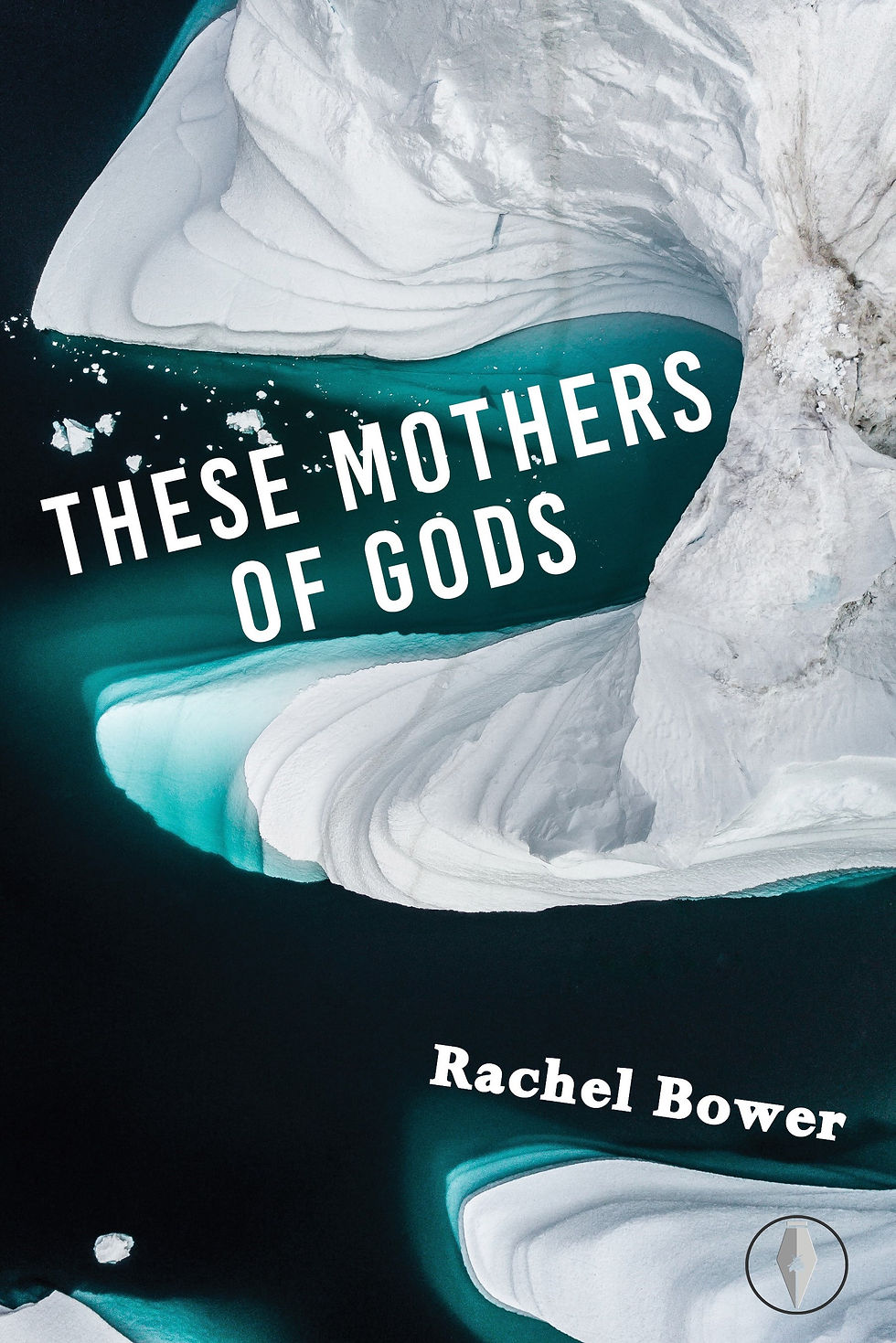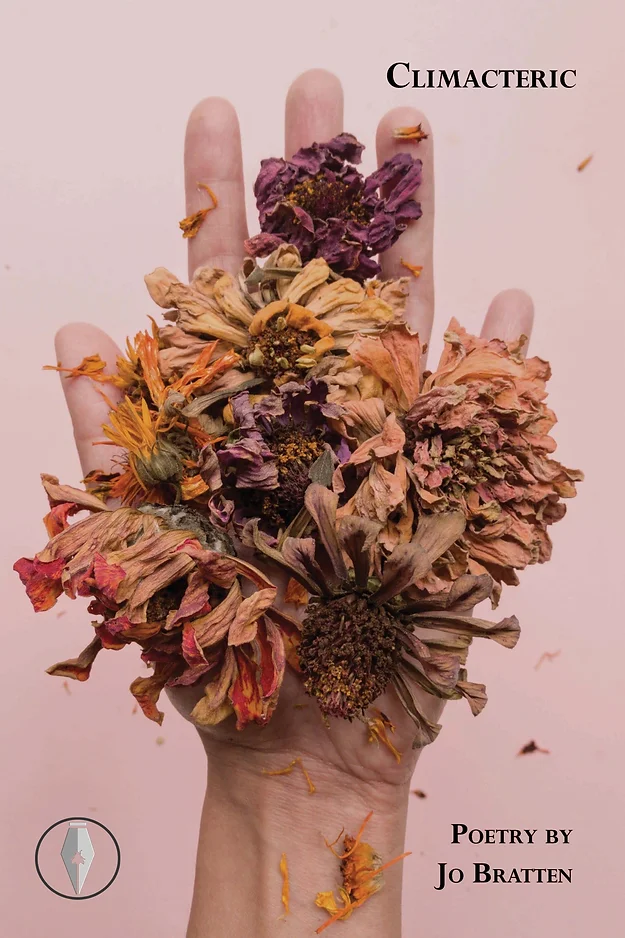Inspirational Books to Tackle Climate Change
- annaskeels11
- Feb 1, 2024
- 2 min read

Books bring us closer to the world than the news ever can. Through the exploration of the intimate relationship between humans and the earth, they instil empathy for the challenges of climate change. Julian Bishop, author of ‘We Saw It All Happen’, was a BBC Wales environment reporter who has turned to poetry to articulate his views on climate change.
“No more caveats, we need to see change”.
According to Earth Overshoot, the alarming reality is that if global consumption mirrored the UK's, 2.6 Earths would be required to maintain this rate. Yet how do we bring this down to the scale so that people feel empowered? Storytellers can bring the ethical dimension to climate change, inspiring us with relatable stories concerning the environment.

Rachel Bower brings in our innate parental instinct to inspire environmental protection, both in explorations of the harsh realities of childbirth for refugees on boats or baby birds falling from trees without mothers. ‘These Mothers of Gods’, explores how our caring nature should be applied to saving our planet. With “bright tributaries crackling my body”; there is an intimate link between us and the earth and how we are able to save it.
Climate change embodies the intrinsic relationship between humans and nature, a bond taken for granted for too long. Jo Bratten's "Climacteric", which means both a significant event or the beginning of the menopause, explores this while urging us to see nature’s solace. The “nightcaps of foxes and badgers and owls” showcase the ability of nature to soothe us, despite the intensity of living in this perilous world.
Anthology "Planet in Peril" illustrates the far-reaching impacts of climate change, engaging with melting ice and arctic populations, through artwork, photography and poetry, including an intergenerational family tree that tracks increasing carbon emissions. Through stories like these, literature can bring cold facts into human experience.
Amidst the doom and gloom of typical climate change discussions, books like Ricky Ray’s "The Sound of the Earth Singing to Herself" are essential for encouraging us to be optimistic for our futures. Living through the senses of his guide dog, he celebrates our time on earth:
“Some days, my body is so beautiful,
I can’t believe I get to live here.”
Often, we are brought down by the information overload of carbon statistics and stories of environmental disaster. Yet, with a shift in creativity amongst key decision-makers, we can inspire meaningful change for both us and the earth. Books in our Climate Anxiety Reading List are a great start for any reader looking for inspiration to change the world.









Comments